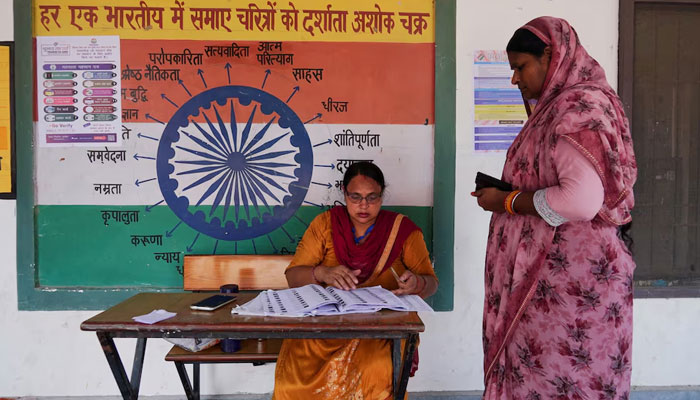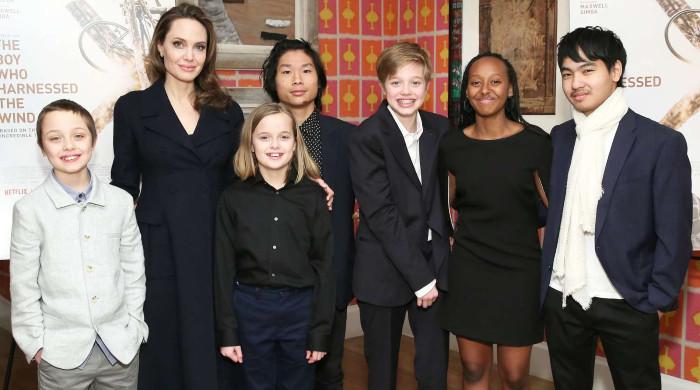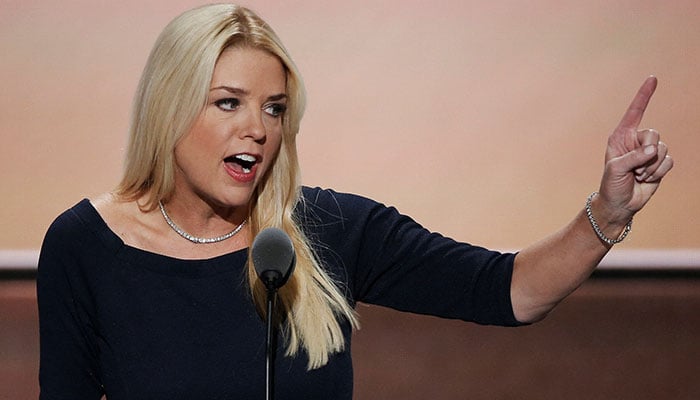

India's ruling Bharatiya Janata Party (BJP) appeared on course for a surprise win on Tuesday in polls in the northern state of Haryana, but was trailing the opposition in the first elections in a decade in the troubled Indian Illegally Occupied Jammu and Kashmir (IIOJK).
Held in phases that ended on Saturday, the elections were Prime Minister Narendra Modi's first test of popularity since his return in June for a record third straight term — albeit with the help of regional parties.
The Haryana vote counting trend reinforced the popularity of Modi's Hindu nationalist BJP months after it stumbled in general elections, Reuters reported.
"It is a clear indication that the people of Haryana realised this is a party that has delivered and will continue to deliver," party leader Tom Vadakkan told the CNN-News18 TV channel, speaking of its performance in the northern state.
"This is based on performance ... hardcore performance."
Exit polls had predicted a win for Congress in Haryana and gave an edge to an opposition alliance of the Congress party and the regional National Conference (NC) in IIOJK, where the BJP has traditionally been weak.
Counting trends on the website of the Election Commission of India showed the alliance of the Congress and the NC set for a comfortable majority in the Muslim-majority Himalayan region, whose special autonomy Modi scrapped in 2019.
Both legislatures have 90 members each.
More than halfway through the vote count, the BJP was leading in 48 constituencies in Haryana, where it has held power for a decade, while Congress was ahead in 37.
In IIOJK, the Congress-NC alliance was ahead in 47 constituencies, while the BJP led in 29.
A win in Haryana would be a boost for the BJP after falling short of an absolute majority in general elections, prior to regional polls in the more politically significant states of Maharashtra and Jharkhand.
The western industrial hub of Maharashtra is ruled by a BJP coalition, with an opposition alliance in power in mineral-rich Jharkhand.
Elections in both states have yet to be announced, but are expected to be held in November.
Victory for Congress in IIOJK will give a major boost to its leader, Rahul Gandhi, the scion of a dynasty that gave India three prime ministers but who was blamed for the party's slump since Modi first swept to power in 2014.
Gandhi was also the face of the opposition alliance of two dozen parties that denied Modi an outright majority in this year's general election and now leads the opposition in the lower house of parliament.











